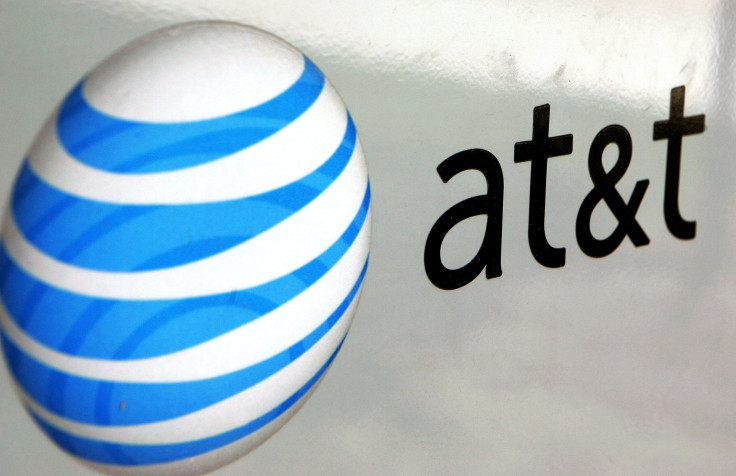AT&T 5G Trials To Begin In 2016 As Competition Intensifies

Not to be outdone by Verizon, AT&T will begin testing 5G networks later this year as it seeks to gain an advantage in the development of the next generation of wireless communications standards.
Although the technical details of the new wireless communication standard — to be known as 5G — are yet to be finalized, and likely won’t be for several years, U.S. mobile networks are eager to make sure they are ready to offer the new service to their customers when it comes online.
Verizon announced in September that it would begin trials of its 5G network in 2016, eyeing speeds up to 50 times faster than its current 4G network. AT&T’s trials will begin in the second half of 2016 with lab experiments before rolling those out in field trials in Austin, Texas. AT&T will work with Intel and Ericsson to deliver the new standard but it has not said how fast it expects its network to be.
The next generation communication standard will not be all about speed. While improvements of somewhere between 10 to 100 times the fastest of today’s networks are clearly going to grab headlines, 5G will also bring more reliable communications at lower costs and with improved security. It will also help the expansion of the internet of things as it will scale down to smaller, low-cost sensors that will be embedded in everything from light bulbs to fridges.
While 5G is primarily seen as a mobile communications standard, it will also be used to deliver broadband to rural areas and this is where AT&T will begin rolling out its new technology. “The driving event there for us is we’re a big broadband provider, we have merger commitments that we’ve agreed to, and we’ve agreed to serve some rural areas with wireless broadband,” John Donovan, chief strategy officer for AT&T Technology and Operations, told USA Today. “Ultimately as an integrated carrier we have a lot of incentive to [add] any new technology [to our] footprint, particularly if that 5G for fixed usage has better economics than fiber in certain locales.”
The technology to connect smartphones and tablets to 5G technologies will come later, Donovan said, as standards are still being finalized. At Mobile World Congress in Barcelona kicking off in 10 days time, 5G is expected to be a major topic though most believe that it will be 2020 before our smartphones will be able to pick up and use a 5G signal.
Developments on 5G are happening around the world and are most advanced in South Korea where operators are hoping to have networks up and running in time for the 2018 Winter Olympic Games. Operators in China and Europe are also working on developing 5G technologies but the transition will also rely on manufacturers like Apple and Samsung incorporating chips into their devices that can take advantage of these new networks.
© Copyright IBTimes 2024. All rights reserved.






















